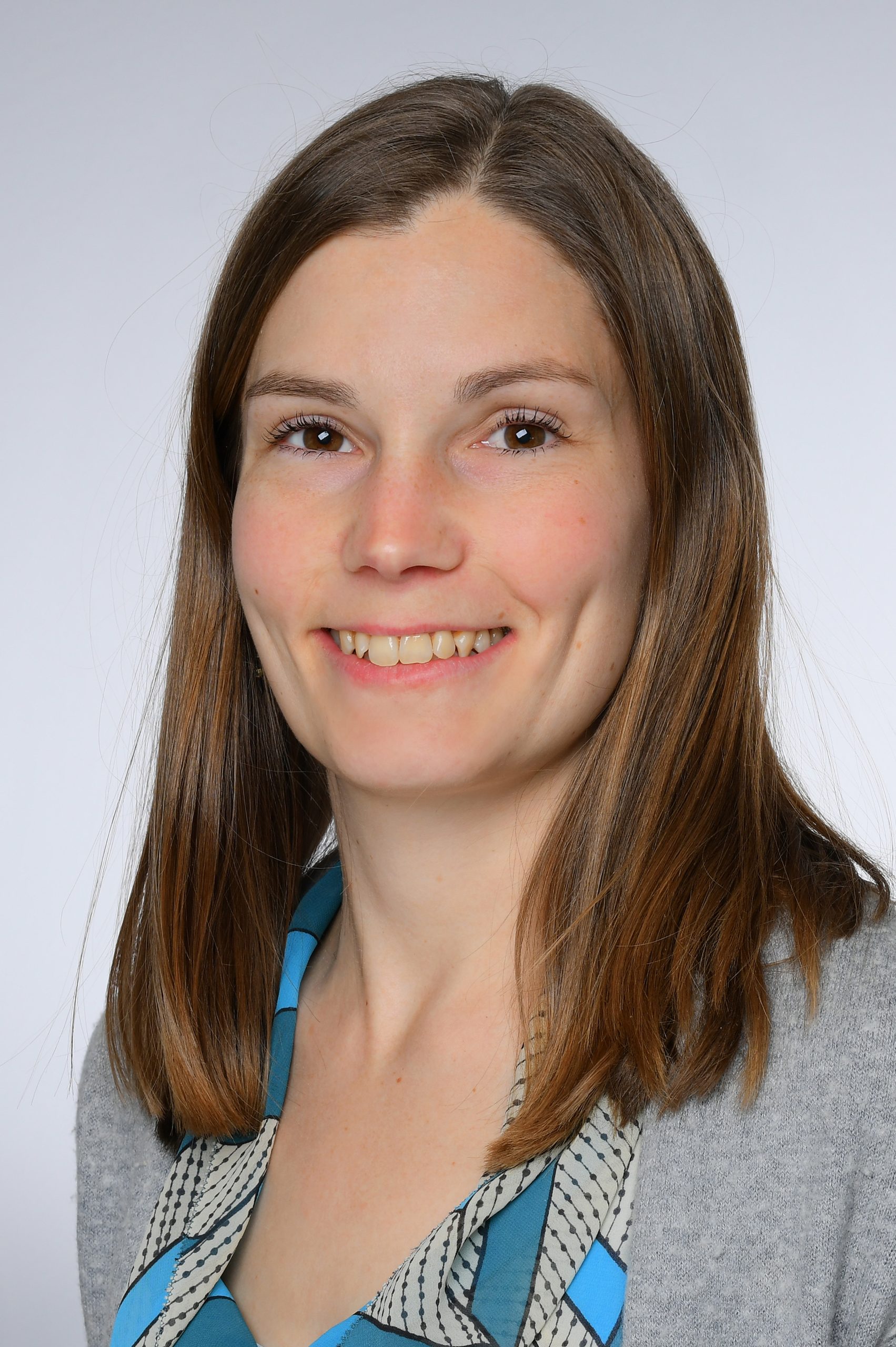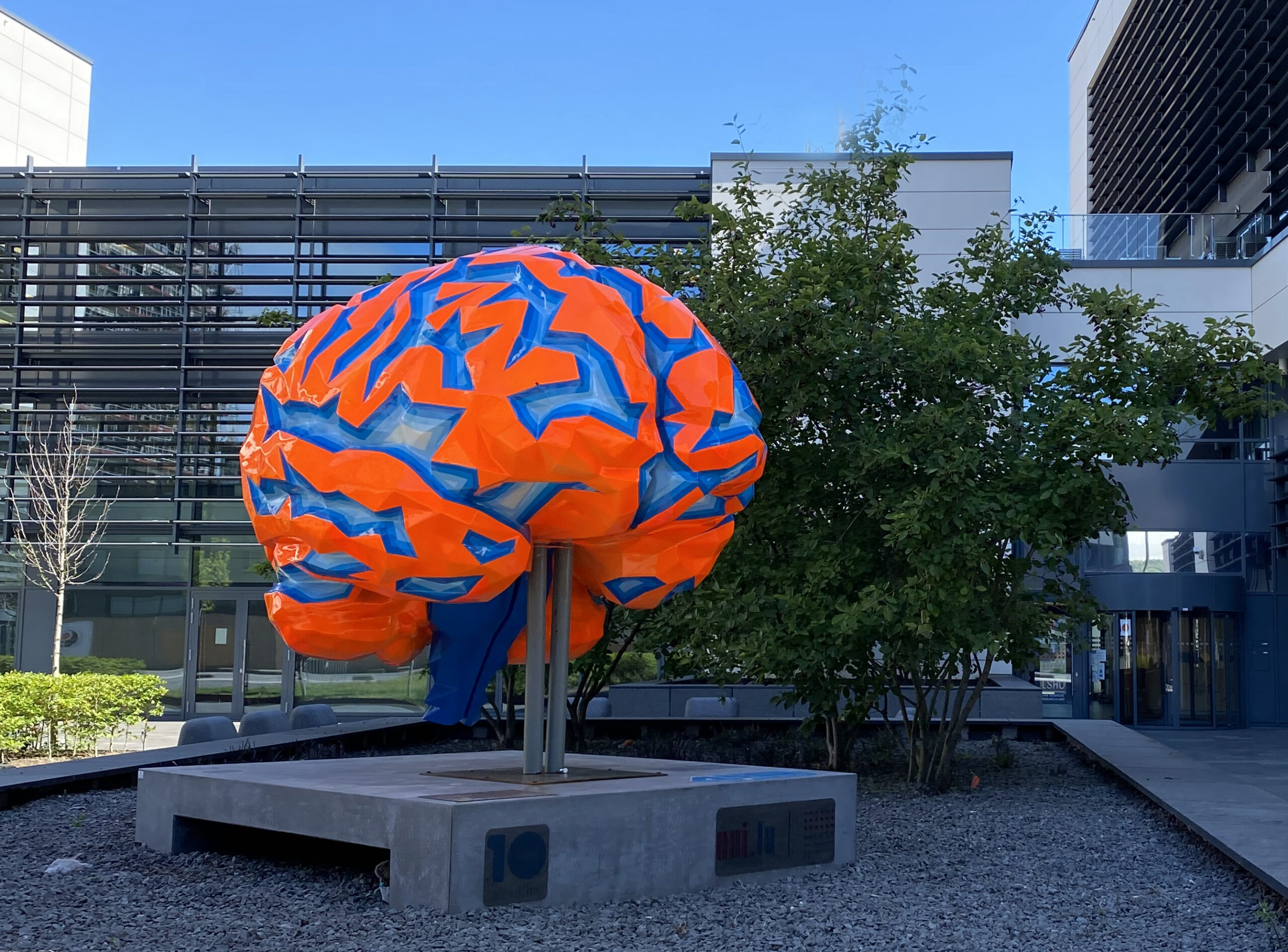Explore the forefront of neuroscience with the LCSB Neuroscience Lecture Series, featuring scientific presentations from internationally renowned experts in various disciplines of neuroscience.
Meet the speaker! A networking aperitif with light snacks and refreshments will follow the presentation. Further one-on-one meeting opportunities with the speaker can be arranged by emailing Caroline Belot or Cathia Rausch.
Live and let die – microglia cell death in tauopathies
Tauopathies including Alzheimer’s disease are characterised by intraneuronal tau accumulation as well as neuroinflammation. Microglia, the innate immune cells of the brain, play a central role in these diseases involving activation of the NLRP3 inflammasome and downstream Gasdermin D (GSDMD)-dependent pore formation. This usually results in GSDMD-dependent release of highly inflammatory mediators such as IL-1beta, affecting neuronal health and function, as well as microglial pyroptosis. This lecture will cover recent work on blocking pore formation, revealing a GSDMD-independent pathway involved in IL-beta release from microglia.
Interestingly, former work has showed that loss of NLRP3, which significantly slows down tauopathy progression in mice, resulted in increased gene expression of the immunoreceptor Cd300lf. Further work characterising the role of this receptor in microglia in relation to the NLRP3 inflammasome pathway is ongoing.
About the speaker
Dr Christina Ising is a junior group leader at the University Hospital of Cologne and the Cologne Excellence Cluster of Aging and Aging-Associated Diseases. She investigates neuroinflammatory processes in tauopathies including Alzheimer’s disease focusing on the role of cell death and senescence of microglia. Her laboratory pays special attention to NLRP3 inflammasome-related mechanisms.

The Neuroscience Lecture Series is supported by the Luxembourg National Research Fund (FNR) RESCOM Program (RESCOM24/18810230/Neurosciences_LS).

